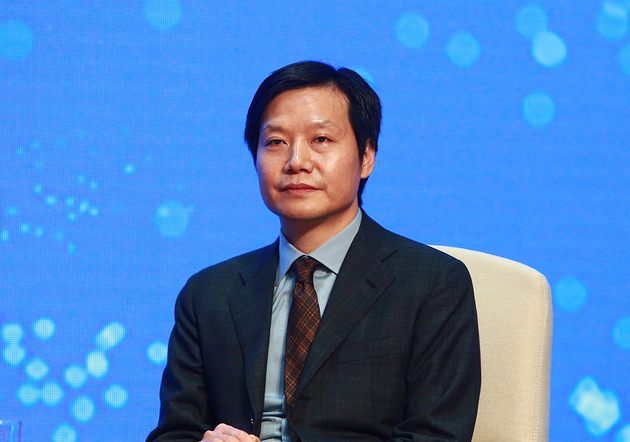
Photo/VCG
May 4 (NBD) -- "Xiaomi is more than a hardware company, it's an innovation-driven internet firm," Lei Jun, CEO of China's smartphone brand Xiaomi, said in the company's prospectus sent to Hong Kong Exchanges & Clearing Limited.
Xiaomi filed for an initial public offering (IPO) in Hong Kong on Thursday, which is expected to be one of the world's largest IPOs.
The tech firm saw a rapid growth from 2015 to 2017, and its operating profits surged to 12.215 billion yuan (1.9 billion U.S. dollars) last year, up 222.7 percent year on year.
In addition, the company expects to gain 100 billion yuan (15.7 billion U.S. dollars) from its three key businesses, hardware, new retail and internet service over the next 7 years.
Lei Jun made promise in an open letter that Xiaomi will forever keep its hardware net profit margin within 5 percent.
The filing showed that Xiaomi registered comprehensive profit margin (including smartphones, internet and smart hardware business) 4.7 percent and hardware gross profit rate 8.7 percent, both hitting the record in the past 3 years.
Xiaomi aims to maintain low net profit margin in its hardware bussiness while providing internet service with high gross profit rate.
However, the company still relies on its hardware business. Last year, the revenue coming from the smartphone sales, as well as internet of things (IoT) and consumer goods accounted for over 90 percent of the total, and the two businesses contributed more than 60 percent of the total gross profits.
It is noted that the revenue of Xiaomi's internet service only made up for 8.6 percent of the total, compared to 4.9 percent in 2015 and 9.6 percent in 2016. Though the revenue of Xiaomi's internet business kept increasing during the past 3 years, its proportion in the total revenue is still limited.
In addition, the tech company also saw a constant decrease of the proportion of gross profits from the internet business over the past 3 years, down from 2015's 76.99 percent to 2017's 39.33 percent. This means that as Xiaomi obtained increasing overall gross profits, the contributions of its Internet service business have not been improved.
According to the prospectus, the funds raised will be used in 4 ways, 30 percent for research and development of core products, 30 percent for expanding and enhancing the ecological chain including IoT and consumer goods and mobile internet, 30 percent for global expansion and 10 percent used for operation and general corporate purposes.
Back in 2013, Xiaomi announced a new plan to invest in 100 ecological startups within 5 years, seeking for a new growth point by making inroads into the IoT field, such as smart hardware and home appliances. So far, the giant has invested or incubated more than 210 companies, including 90 more eco-system companies focusing on developing smart hardware and consumer goods.
The statistics from the research institution iResearch revealed that the world top companies in the portable charger, air purifier, electric automobile domain and China's leading wearable smart device firm are all along Xiaomi's ecological chain.
Email: zhanglingxiao@nbd.com.cn


 川公网安备 51019002001991号
川公网安备 51019002001991号





